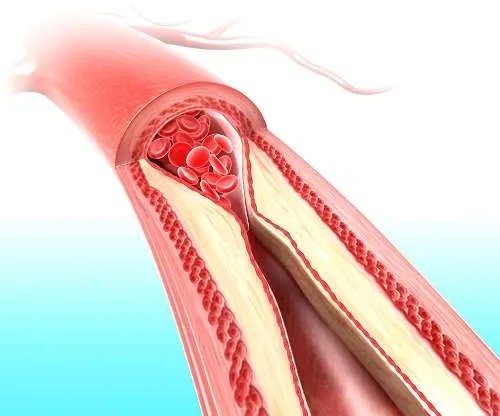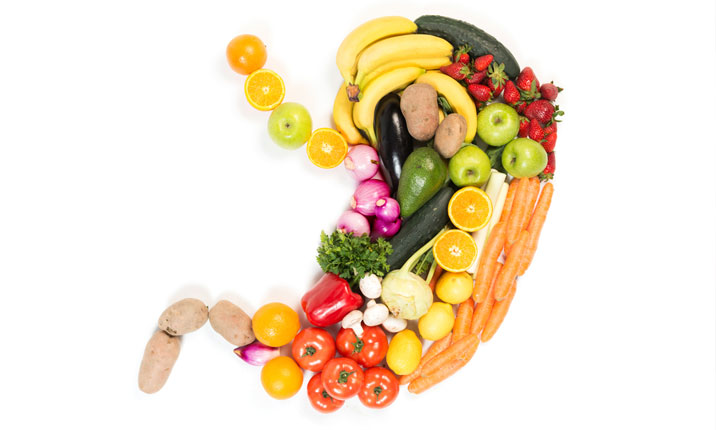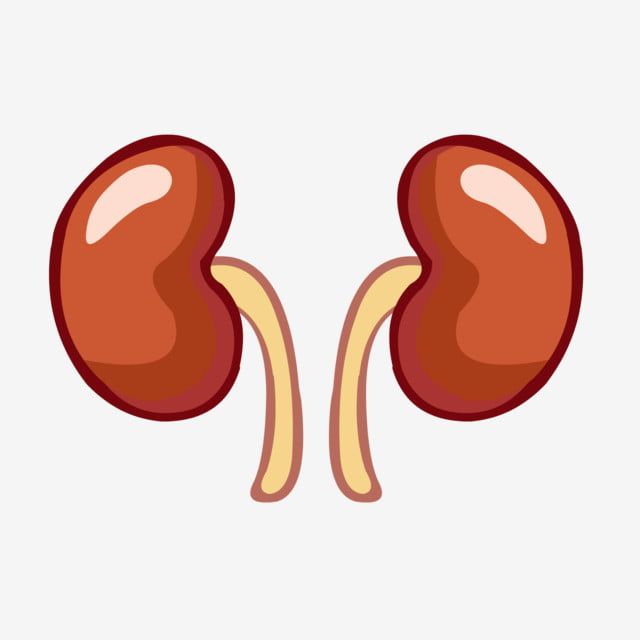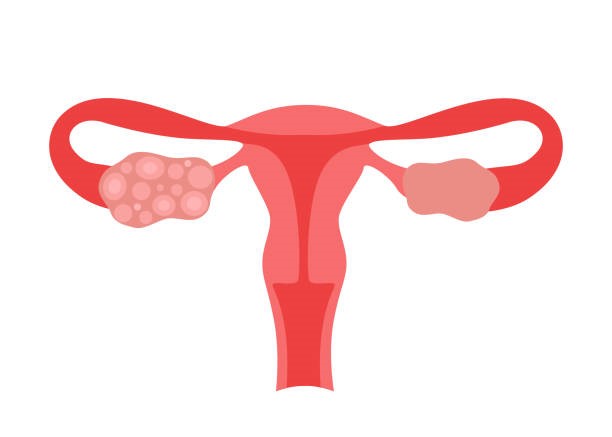NUTRITION & LIFESTYLE INTERVENTIONS TO SUPPORT OPTIMAL HEALTH & WELLBEING
IN-PERSON CONSULTATIONS NOW AVAILABLE
Areas of Operation: Thessaloniki, Pella
I CAN HELP YOU AS A NUTRITIONIST TO LOOSE WEIGHT AND TO IMPROVE YOUR HEALTH STATUS
DIFFICULT WEIGHT LOSS

COMMON CAUSES OF WEIGHT GAIN
- INSULIN RESISTANCE
- FOOD INTOLERANCES
- NUTRIENT DEFICIENCIES
- LOW THYROID FUNCTION
- HASHIMOTO’S
- MENOPAUSE
- OESTROGEN DOMINANCE
- EXCESS TESTOSTERONE IN WOMEN
- HIGH CORTISOL
- POLYCYSTIC OVARY SYNDROME
AUTOIMMUNE DISEASE / DIABETES

TYPES OF AUTOIMMUNE DISEASE
- Hashimoto’s thyroiditis
- Rheumatoid arthiritis
- Psoriasis
- Addison’s disease
- Grave’s disease
- Celiac disease
- Systemic lupus erythematosus
- Sjögren’s syndrome
- Multiple sclerosis (MS)
- Type 1 and Type 2 Diabetes
HYPERCHOLESTEROLEMIA

Mainly causes
Hypercholesterolemia mainly caused by eating fatty food, not exercising enough, being overweight, smoking and drinking alcohol. It can also run in families.
DIGESTIVE SYSTEM DISORDERS

Common conditions that affect digestive function
- Gastrointestinal Reflux Disease (GERD) Gastroesophageal reflux disease (GERD)
- Celiac Disease
- Irritable Bowel Syndrome (IBS)
- Ulcerative Colitis
- Crohn’s Disease
- Lactose Intolerance
Diet and nutrition are known to play key roles in many chronic gastrointestinal diseases, regarding both pathogenesis and therapeutic possibilities. A strong correlation between symptomatology, disease activity and eating habits has been observed in many diseases, such as inflammatory bowel disease and irritable bowel syndrome. New different dietary approaches improve patients’ symptoms, modulating the type of sugars ingested, the daily amount of fats or the kind of metabolites produced in gut. Nutrients. 2020 Sep; 12(9): 2693.
IRRITABLE BOWEL SYNDROME

Common symptoms of IBS include:
- Abdominal pain or cramping
- Constipation and/or diarrhoea
- Sensation of urgency to empty the bowels
- Bloating
- Gas
- Mucus in the stool
- Painful bowel movements
- Anxiety or depression
- Nausea
- Low appetite
- A connection to stress
KIDNEY DISEASE

Poor eating habits heighten your risk for Kidney Disease. But when you eat the best foods for your kidneys, the reverse can be true. Since certain foods are good for kidneys, what you eat can help to protect your kidney health.
Add certain foods to your diet for optimal kidney health such as Fatty Fish, Cabbage, Bell Peppers, Cranberries, etc.
ALZHEIMER’s DISEASE

There is evidence that nutritional factors influence the risk of developing Alzheimer’s disease and its rate of clinical progression. Appropriately designed diets or nutritional interventions may play a role in developingand progression. Journal of Alzheimer’s Disease, 2015, v. 46, no. 4.
Omega-3 fatty acids with ɑ-lipoic acid plus other nutrients may reduce cognitive and functional decline rates.
POLYCYSTIC OVARY SYNDROME

The vast majority of women with PCOS consume an improperly balanced diet, involving deficiencies in fiber, omega 3, calcium, magnesium, zinc, and vitamins (folic acid, vitamin C, vitamin B12, and vitamin D). An excess of nutrients was also noted in sucrase, sodium, total fats, saturated fatty acids, and cholesterol. The modification of lifestyles, diet patterns and proper selection of nutrients, pharmacological and natural supplementation in the form of herbs, and physical activity can assist in managing PCOS. Nutrients. 2021 Jul; 13(7): 2452.


